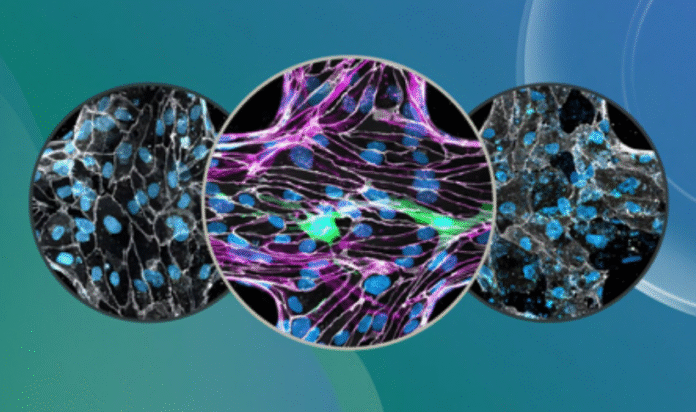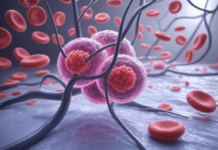NEW DELHI– Scientists have uncovered how the malaria parasite Plasmodium falciparum damages the brain, offering fresh insights that could lead to new treatments for cerebral malaria — one of the deadliest complications of the disease.
Cerebral malaria kills one in five children who contract it and leaves half of survivors with long-term neurological disabilities. The condition arises when the parasite, which multiplies inside red blood cells, reaches the blood-brain barrier (BBB) — the brain’s protective shield against harmful substances.
To study the process, researchers at the European Molecular Biology Laboratory (EMBL) in Barcelona engineered a lab-grown “blood-brain barrier-on-a-chip.” The model incorporated endothelial cells that line blood vessels, pericytes for structural support, and star-shaped brain cells known as astrocytes, all arranged in a 3D system with flowing fluid.
Exposing this miniature BBB to the parasite at its most aggressive stage — when it bursts out of red blood cells, a process called egress — revealed how the barrier becomes compromised.
“You have to imagine the BBB as a system of tightly sealed pipes that prevent leaks,” explained Livia Piatti, a postdoctoral researcher at EMBL. “The malaria parasite is capable of developing cracks in those pipes and creating a leak that starts dripping infected fluid into the brain, causing swelling and making the disease irreversible.”
The study, published in Nature Communications, found that infected cells reduced production of proteins that normally keep the barrier sealed, while ramping up molecules that trigger inflammation. As a result, the BBB became more permeable, allowing infected material to seep into the brain.
Encouragingly, the team tested the approved drug Ruxolitinib on their BBB model and found it reduced leakiness by calming inflammation in blood vessels. This suggests the drug may have potential in treating severe cerebral malaria.
The findings shed light on a critical stage of malaria pathology and point toward therapies that could prevent or even reverse brain damage in patients, especially vulnerable children. (Source: IANS)














